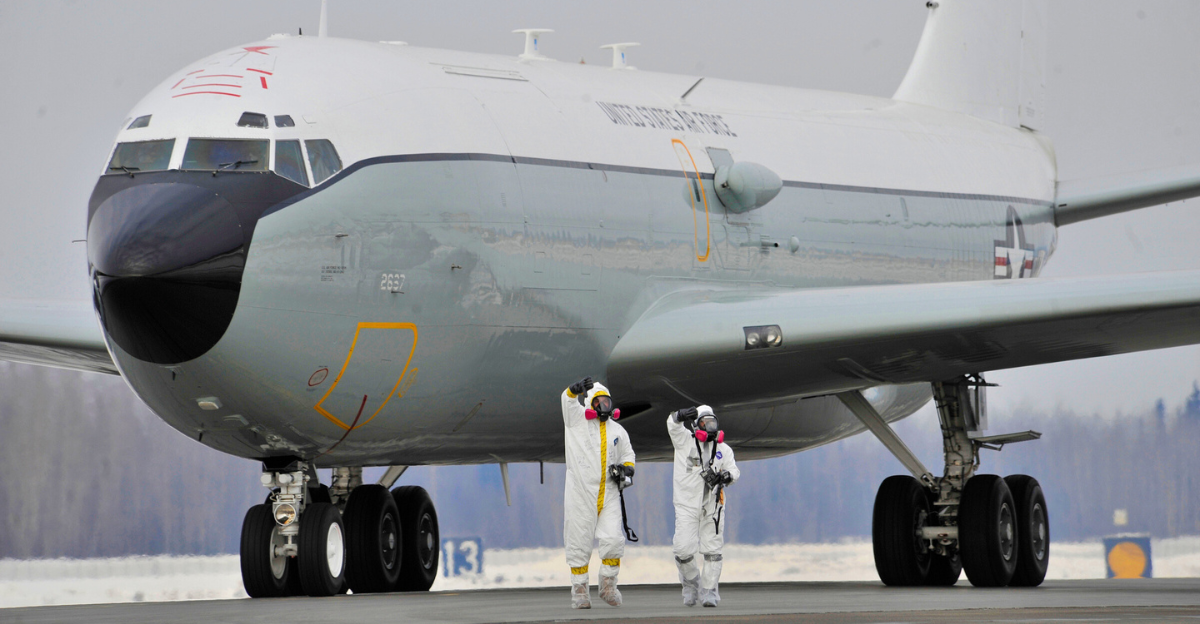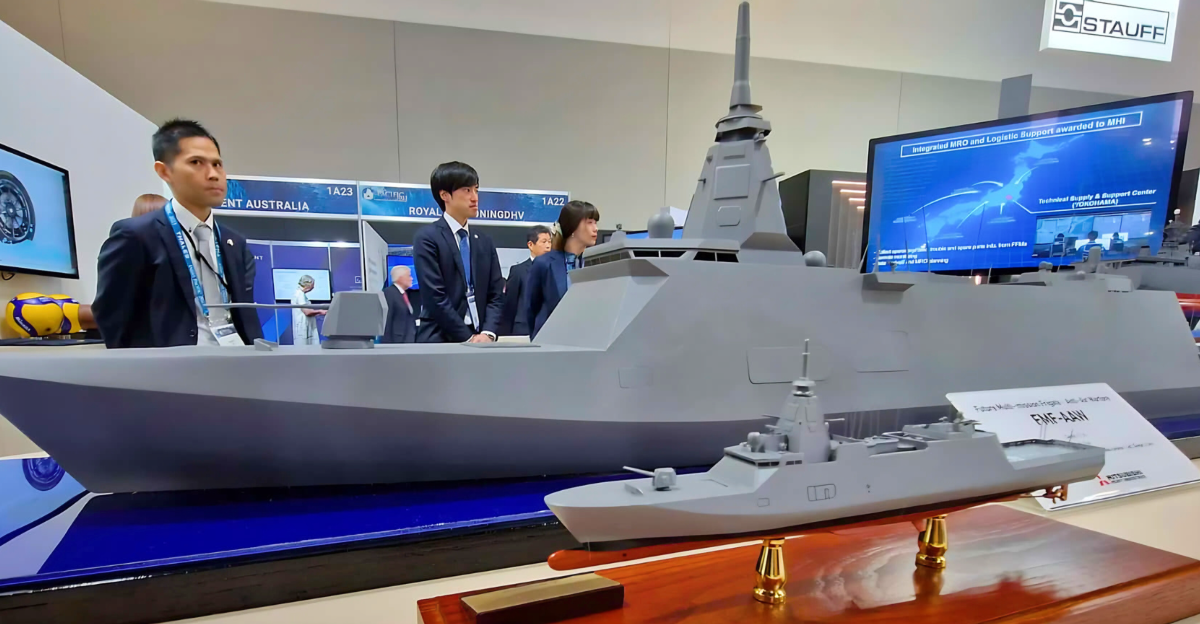
In a move that’s drawing global attention, the U.S. has approved the deployment of 33,000 AI-powered strike drones to Ukraine.
It’s being described as “unprecedented”, not just because of the number, but because of how these drones work.
They’re faster, smarter, and don’t need a human operator. So what exactly are these systems? How do they work?
And what does this mean for modern warfare, global alliances, and the future of combat? Let’s unpack what’s known so far.
Not Just Another Drone
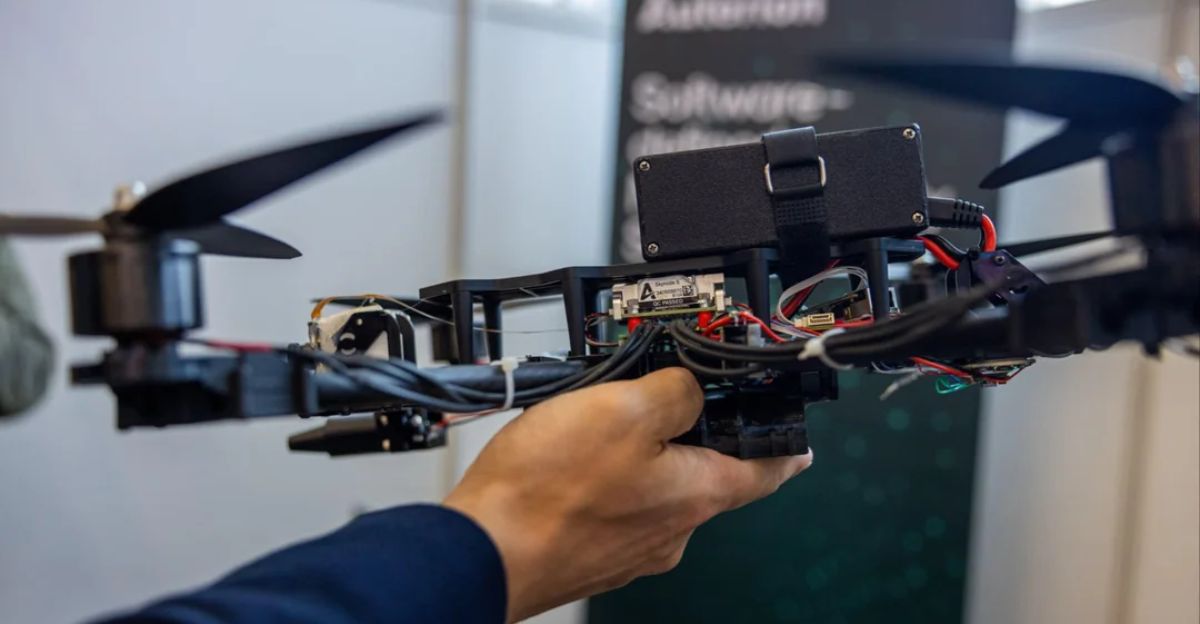
These aren’t the average consumer drones you see at weddings or sports events. The U.S.-German company Auterion is shipping AI-enabled “strike kits” that turn existing manually controlled drones into fully autonomous, battlefield-ready units.
No Human Required
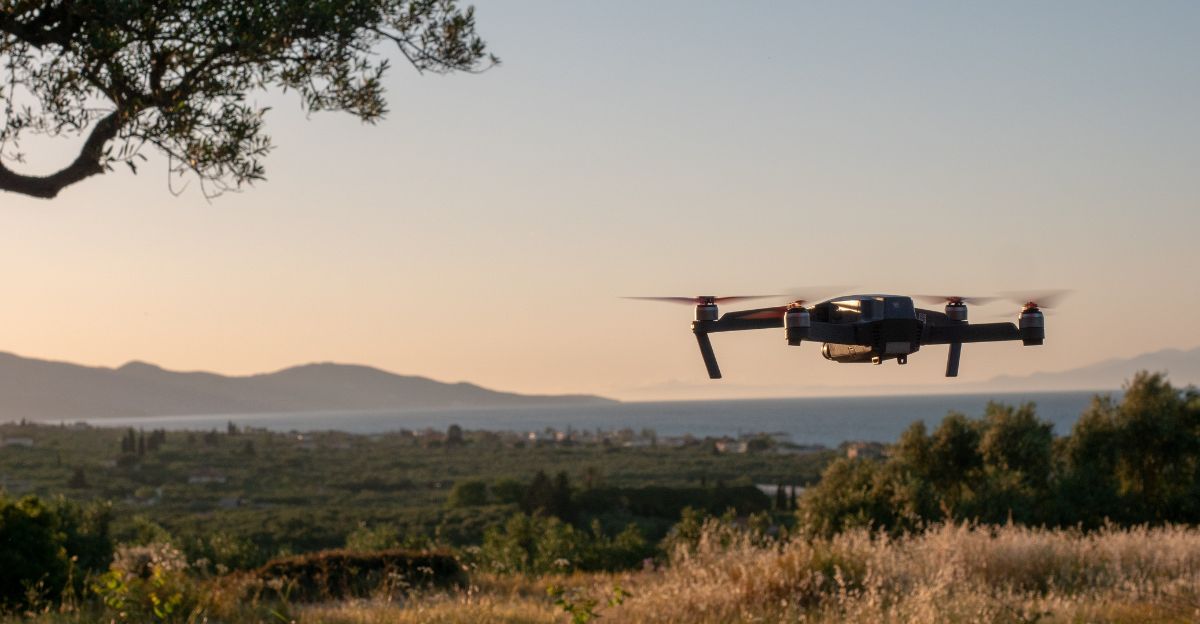
Unlike traditional drones, which need a live pilot to steer and strike, these systems operate independently. They use cameras and sensors to find and follow targets, so human input isn’t needed once deployed.
A Deal with Big Numbers

The Pentagon is spending $50 million on the 33,000 units as part of a broader military aid package. That’s in addition to an even larger U.S.-Ukraine drone deal worth up to $30 billion.
What’s Inside the “Strike Kit”
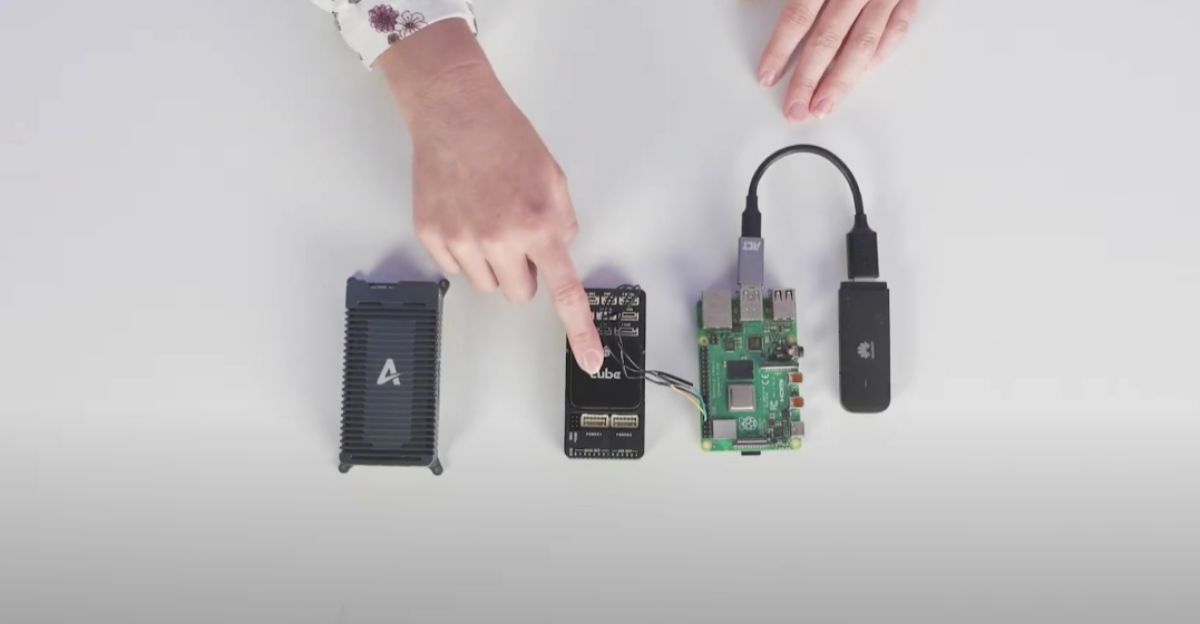
Each drone is equipped with a mini onboard computer called Skynode. It includes AI software, a camera, and a radio module.
Once attached, the drone can independently track and engage moving targets from up to 800 meters away.
No Jamming, No Interference
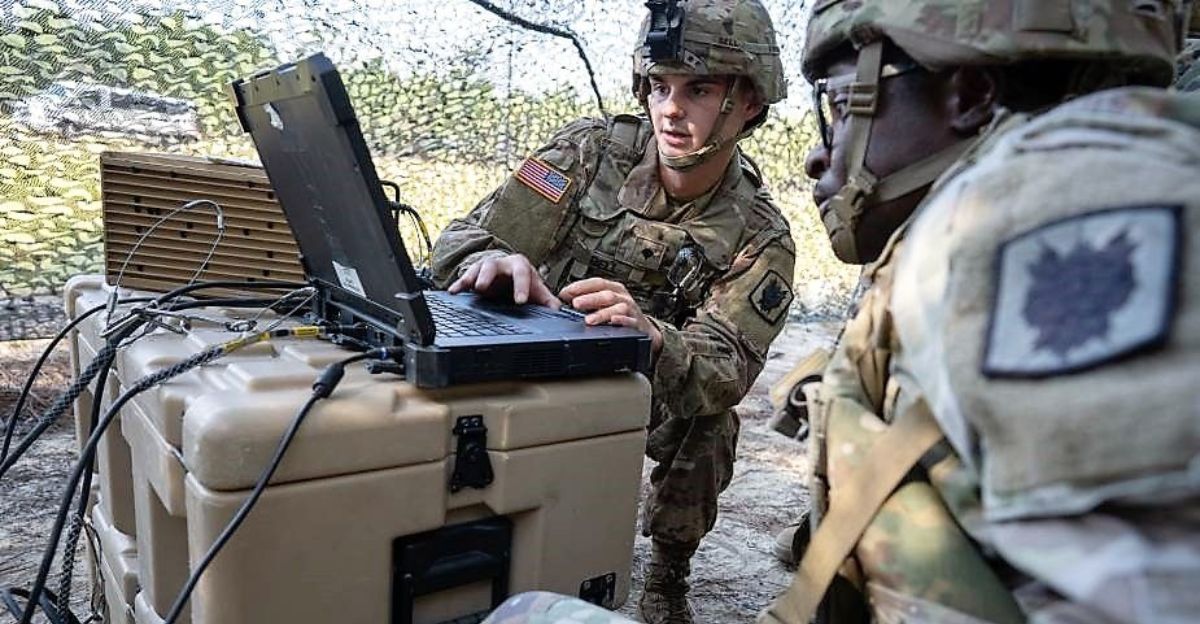
A key advantage: these drones can’t be jammed using standard radio or GPS-blocking tactics. That gives Ukraine a way to respond to Russian electronic warfare tools, which have disrupted drone missions in the past.
Why Now?
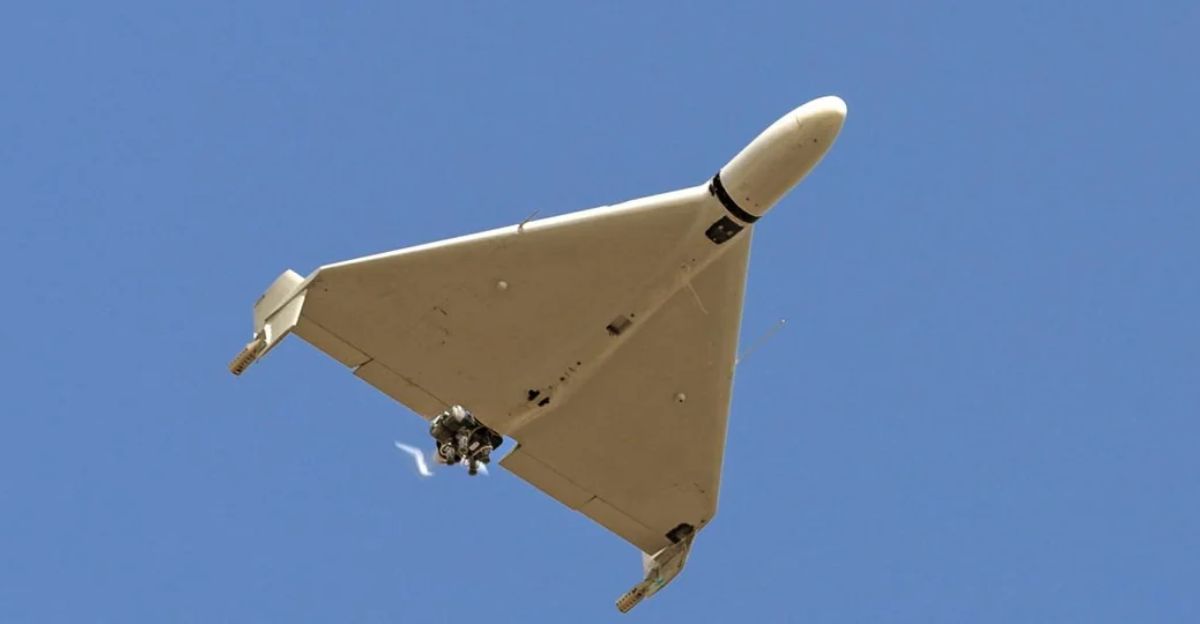
Russia has recently increased its use of jet-powered Shahed drones capable of flying over 500 km/h. Ukraine needs faster, more adaptive tools to intercept or counter these threats. These strike kits offer that edge.
Auterion’s Role

Auterion isn’t new to the war. Its software is already being used in combat drones. But the current contract ramps up deployment by a factor of ten, according to CEO Lorenz Meier. That’s what makes this round different.
Made for the Battlefield
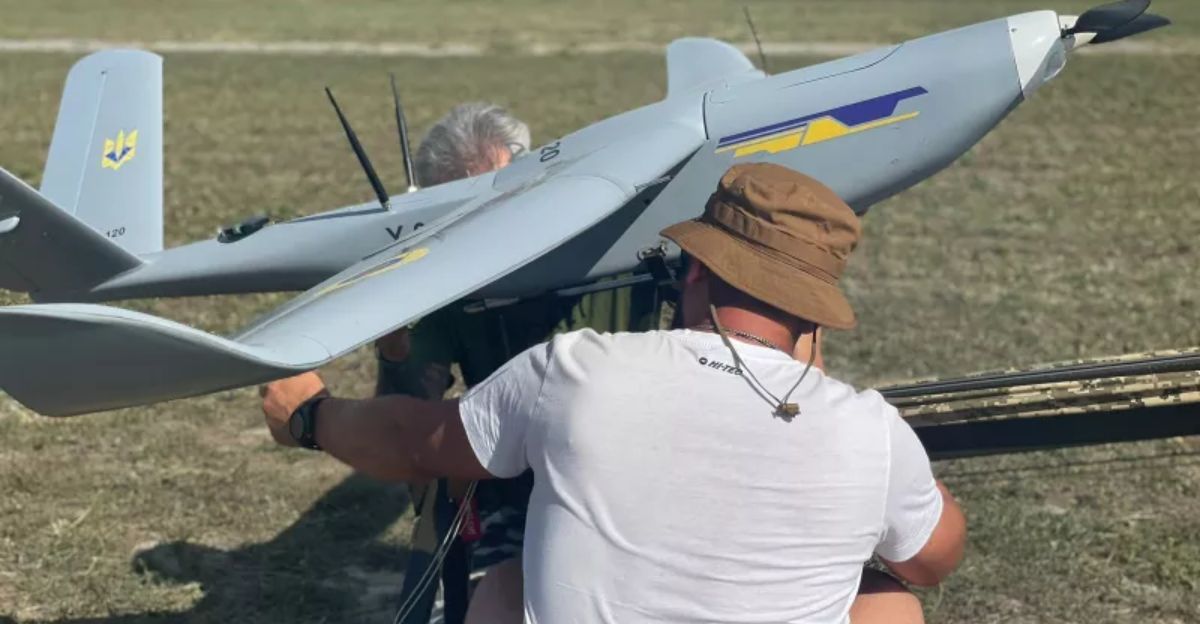
Ukraine’s drone industry is highly advanced, but Auterion claims to add something unique: software-based combat systems that NATO militaries have shown interest in. These kits are tailored for dynamic, front-line warfare, not just surveillance.
What NATO Is Watching

NATO is quietly monitoring how well these drones perform. The systems being tested in Ukraine could influence future military technology development and adoption across allied nations.
How It Works in Real Time
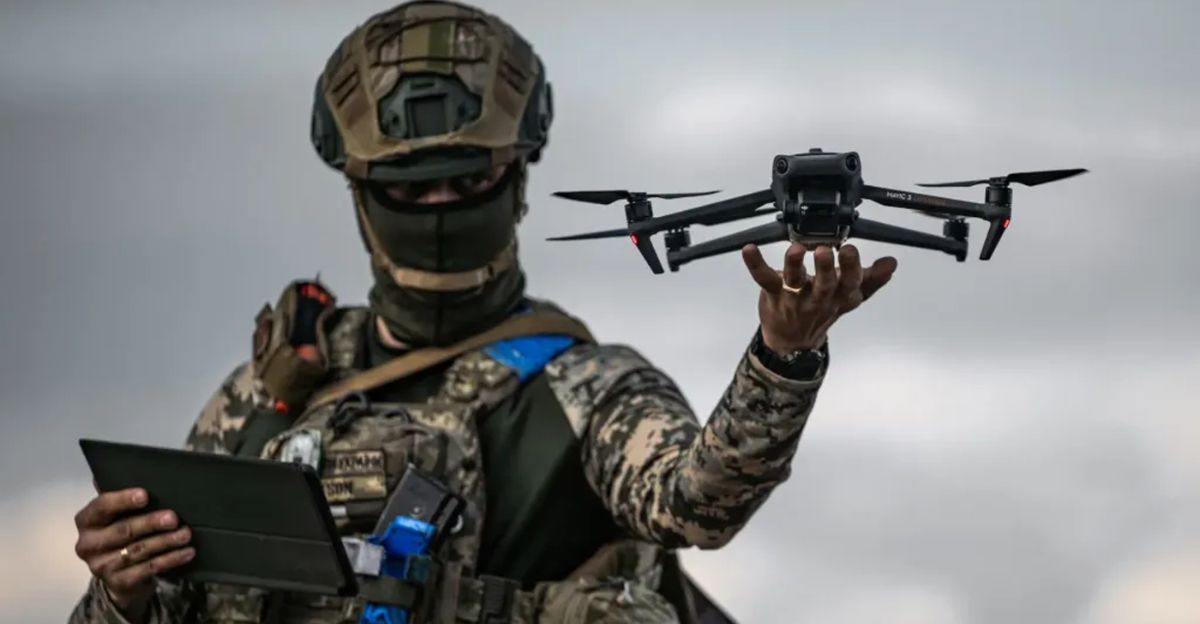
Once launched, the AI onboard scans for threats, analyzes patterns, and follows targets without further commands. Using pre-set parameters, it can make real-time decisions about when and how to strike.
Risks and Concerns

As with any autonomous weapon, questions are being raised: Who’s accountable if something goes wrong? How do you prevent misidentification? These concerns are growing as militaries adopt more AI-driven tools.
A Glimpse of Future Warfare

This deployment shows where warfare may be headed: autonomous systems operating at scale, with minimal human oversight. That could change how battles are fought and how quickly decisions are made in combat zones.
Global Reactions

While Ukraine sees the deployment as a much-needed upgrade, countries like China and Russia are likely observing the move closely. Some worry this could escalate the race to develop next-gen autonomous weapons.
Still Just the Beginning
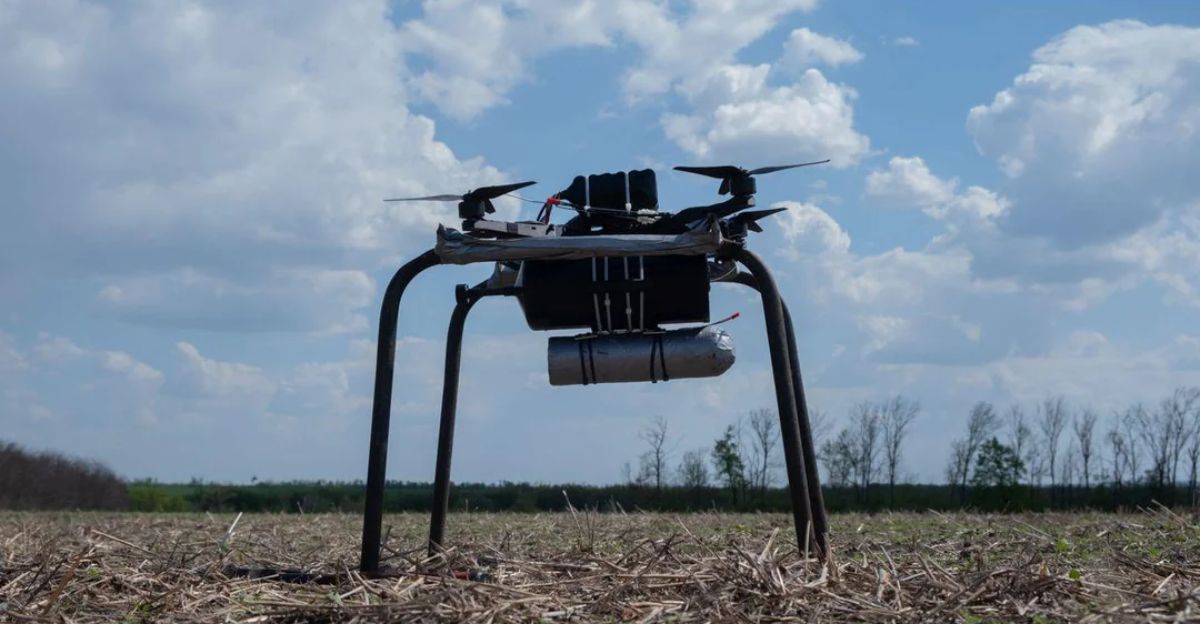
For now, the AI kits are scheduled to be delivered by year’s end. How they’ll perform under real battlefield conditions is still unknown.
What is certain, though, is that Ukraine just got a major technological boost. And the world is watching.




